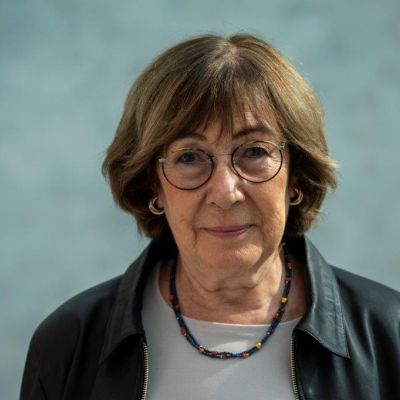Accompanied by 10-year-old Anna, the director roams the streets of Berlin and visits sites of Jewish history. She conducts interviews with Jews then resident in West Berlin. The question of one's own Jewish identity and how it feels for the interviewees to live in modern Germany represent motives that run through the film. Her findings: that anti-Semitism and a feeling of not belonging are still part of everyday life for those surveyed, and that the wounds of the past are far from healed. As such, Germany’s attempts at coming to terms with the past represent nothing more than hollow phrases. The end product, a social analysis with which the director drew attention to the virulent right-wing extremism present in German society of the 1980s, has unfortunately lost none of its relevance today.
16.6. 17.00 Filmmuseum, followed by a discussion with Jeanine Meerapfel, director
17.6. 17.00 Passagekino, followed by a discussion with Jeanine Meerapfel, director





